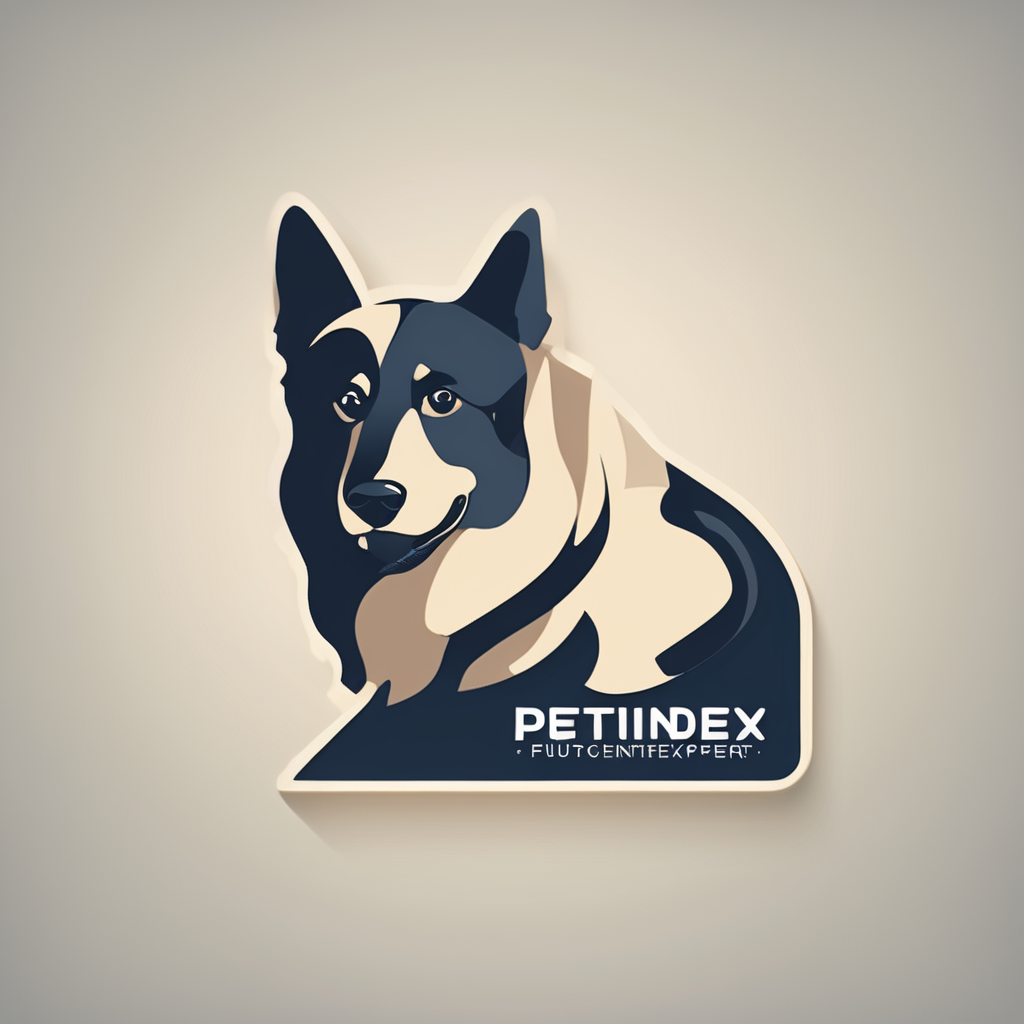Understanding Common Health Issues in Bearded Dragons
Bearded dragons, like any other pets, are susceptible to various health issues that require vigilant care. Knowing the prevalent health problems they face is crucial to ensuring they live long, healthy lives.
One common concern is metabolic bone disease (MBD), often due to a lack of calcium or vitamin D3, leading to weakened bones. Signs to watch for include lethargy, swollen limbs, and deformities. Additionally, respiratory infections, usually stemming from poor habitat conditions, manifest as wheezing, mucus, and a decreased appetite.
Also to discover : Top Techniques for Successfully Rehabilitating Rescue Foxes in Suburban UK Settings
Another frequent issue is parasite infestation, which can cause weight loss and diarrhoea. Spotting these symptoms early is key to preventing the escalation of health problems.
Early detection and prompt treatment of health issues in bearded dragons are vital. Regular veterinary check-ups can help identify potential problems before they become severe, saving your pet from discomfort and potential long-term damage. Adhering to proper bearded dragon care practices, such as maintaining appropriate temperatures, humidity levels, and a balanced diet, also plays a significant role in prevention. Always stay observant and responsive to any changes in your bearded dragon’s behaviour or appearance.
Also to see : Top Strategies to Stop Feather Plucking in Pet Parrots: A Comprehensive Guide
Types of Medications for Bearded Dragons
When caring for bearded dragons, it’s essential to understand the various types of medications available to ensure their health and well-being. Veterinary medications are specifically formulated to address common reptile ailments, including parasitic infections, respiratory issues, and metabolic bone disease.
There are primarily two categories of medications to consider: prescription and over-the-counter options. Prescription medications are typically stronger, requiring a veterinarian’s strict oversight to match the right treatment to the specific health issue. These medications are tailored to treat more severe or complex conditions and ensure safety and effectiveness with veterinary guidance.
In contrast, over-the-counter medications are more readily available and can be used for milder symptoms or as preventive measures. However, it’s crucial always to consult a vet before administering any medication, as improper usage can lead to adverse effects.
A veterinarian can provide invaluable guidance in determining the appropriate course of action, considering the medication types available and the specific health needs of your bearded dragon. By following veterinary advice, you can help ensure that your pet receives the safest and most effective treatment for their condition.
Proper Dosages and Administration Techniques
Understanding the proper dosage guidelines and adopting correct medication administration techniques is crucial for the well-being of your dragon. Calculating dosages accurately demands careful consideration of both the animal’s weight and its specific condition. Consult your veterinarian, who can provide personalized guidelines that best suit your pet’s needs.
When it comes to administration, employing techniques that minimise stress is essential. Consider the following:
- Secure the dragon gently while ensuring comfort.
- Use a syringe for liquid medication, allowing precise control.
- If pills are necessary, hiding them in a dragon’s favourite treat may ease the process.
Always adhere to veterinary recommendations to avoid unintended complications. Veterinarians may suggest specific equipment or timings for administering medication, both of which could significantly impact the dragon’s health. An informed approach enhances not only the effectiveness of the treatment but also the trust and cooperation between you and your pet.
Remember that dosing inaccuracies or improper administration can lead to adverse reactions, even if unintended. It’s a shared responsibility with the vet. Follow medical guidance carefully to ensure the safety and continued health of your dragon.
Safety Precautions When Medicating
When it comes to medication safety, understanding potential risks is crucial. Improper medication can lead to serious health consequences, including adverse drug reactions. To mitigate these risks, it’s essential to follow safe medication practices.
Ensure your medicines are stored properly, away from children and pets, and at the correct temperature. Read and follow all prescription labels diligently, paying close attention to dosage instructions. Misinterpretations can lead to overdose or reduced efficacy. Always use the measuring devices provided with liquid medications to guarantee accuracy.
If you introduce a new medication, it’s vital to monitor your body for any adverse reactions. These can range from mild allergies to severe side effects, which may require immediate medical attention. Common indicators include unexpected skin rashes, swelling, or difficulties in breathing.
To bolster your health precautions, maintain an updated list of all medications, including over-the-counter drugs, vitamins, and supplements, and share this with your healthcare provider. This approach enhances communication and reduces the risk of drug interactions.
Lastly, ensure your environment is medication-safe by disposing of expired or unused drugs properly—most pharmacies offer disposal services. Remember, being informed and vigilant is fundamental to maintaining your wellbeing.
Overcoming Challenges with Stubborn Bearded Dragons
Handling stubborn reptiles, particularly bearded dragons, can be challenging due to their unique behavioral traits. These traits often complicate medication administration, necessitating specialized behavioral strategies.
Bearded dragons may exhibit defense mechanisms like puffing up their beards, hissing, or turning black. When such behavior occurs, it reflects their discomfort or stress. Understanding these signs is critical for effective handling. Techniques to calm and handle a resistant bearded dragon include creating a serene environment and gently wrapping them in a soft towel. This technique limits movement and provides a sense of security, potentially easing the process of medication.
To make medication administration easier, it is beneficial to integrate positive reinforcement methods. Offering a treat right after administering medication can build a positive association. Consider using a small syringe to place medication at the side of their mouth, minimizing stress. Behavioral strategies like these ensure the well-being of both the handler and the dragon, fostering a more cooperative experience.
Implementing these tips not only makes medication administration more manageable but also strengthens the bond between pet and owner, encouraging a harmonious coexistence.
Resources and Expert Advice
When dealing with the health and well-being of your pet, consulting veterinary resources and expert guidelines is paramount. These resources, often compiled by professional bodies, offer a wealth of information that can guide you through routine care as well as more complex issues.
Recognising when to seek professional advice is crucial. Not all situations can be resolved through self-help or general information. Veterinary experts provide nuanced insights and tailored guidance that generic resources might not cover. Their expertise is based on extensive education and experience. This makes them indispensable in handling complex cases that require specialised knowledge.
Additionally, community support and online forums can offer useful perspectives and shared experiences. These platforms can act as a supplement, providing real-world anecdotes and practical tips from fellow pet owners. Although they are not substitutes for professional advice, they can be a beneficial resource.
Here are some benefits of utilising expert advice:
- Quality Assurance: Trustworthy information ensures the best outcomes.
- Tailored Solutions: Professionals can provide personalised guidance.
- Comprehensive Understanding: Experts can offer a broad view of issues, covering aspects that may not be readily available in standard resources.
Always prioritise expert consultation when the situation demands it.











